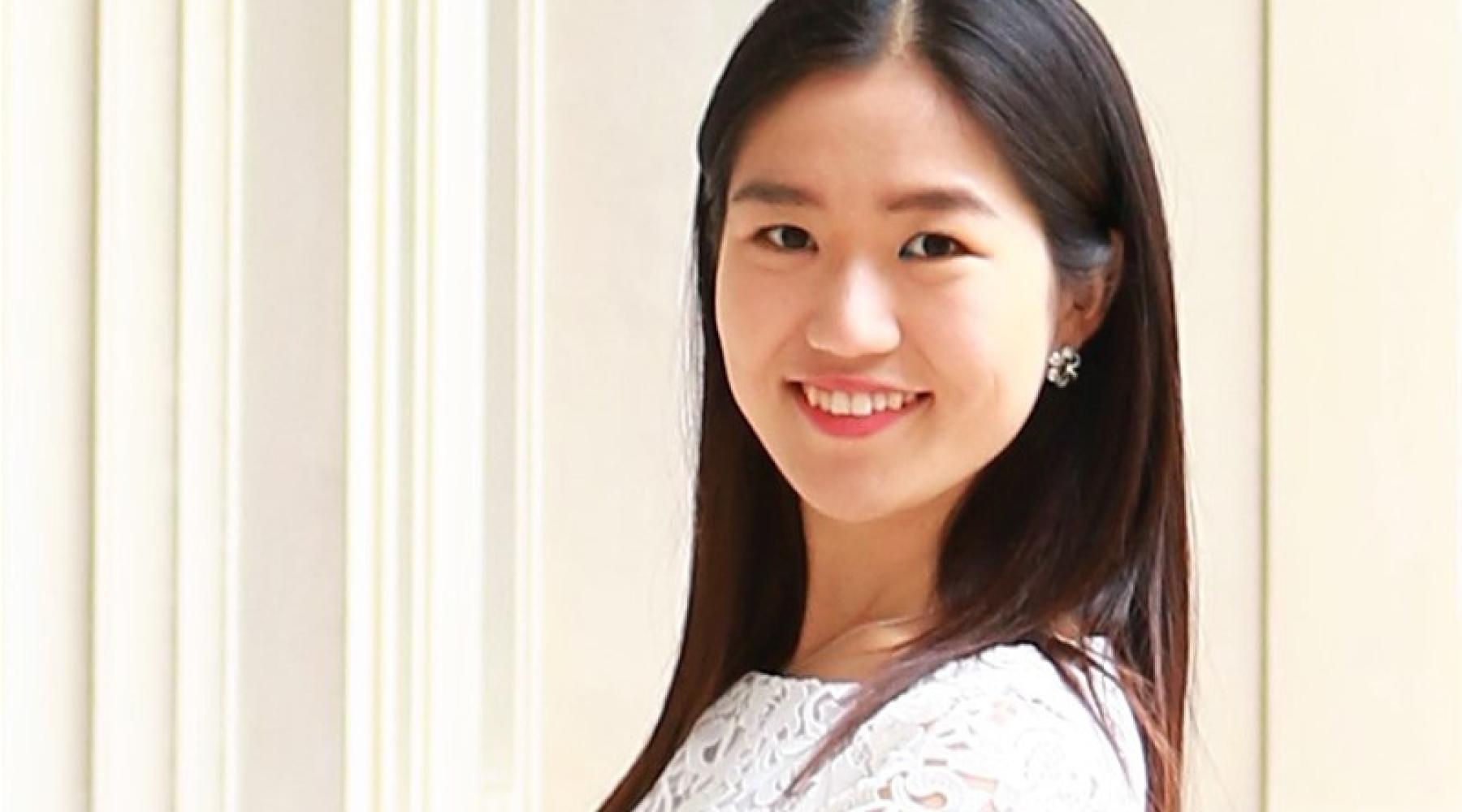
Faculty Spotlight: Duanyi Yang, Assistant Professor, Global Labor and Work
What first drew you to your field?
I started out as an English major in undergrad and one of my favorite classes was called “Literature in Public Life.” I did some community service in a homeless shelter for this class, and that experience made me wonder how I can do more for people who do not have a job and how to improve their job quality. I switched my major to economics to better understand work and employment and also pursued a Master's degree in public policy to better understand how policy makers and managers can work together to improve job quality.
What particular aspects of the field continue to interest you?
I have two research agendas. One is on “Worker Voice”. I do studies in the US and in China on how workers perceive workplace conflicts and what actions they take to resolve them. My second research agenda is on “Work and Family Policies in the Workplaces.” I’m trying to understand what firm level policies could increase not only women’s participation in the labor force, but also enhance their career prospects in the workplace.
For example, I have an ongoing project on the impact of flexible work arrangements on women’s careers. Traditionally, people think, “Flexible work is great and it’s helping women to advance their careers.” But in my research, I find that sometimes this policy may backfire. Women may get slower promotions if they request a flexible work arrangement, so the key question is, “Under what conditions can these policies help and under what conditions may these policies backfire or even hurt a woman’s career?” The primary objective of a lot of work-family practices like maternity leave, flexible work, and work from home was to help women advance in organizations. But without effective policy management and design, these initiatives can inadvertently harm the very individuals they were designed to assist.
What classes are you currently teaching and why do you believe it's important for all ILR students to understand this material?
I teach the required Labor Relations class (ILRLR 2050), which is a survey class for the field. In that class, we talk about the challenges facing the world of work, not only in the US, but globally. We discuss inequalities, technological and demographic changes in the workforce, and then about globalization. A big section of the class focuses on the traditional New Deal system, which is how the US labor relations system has worked since the 1930’s after the passage of the Wagner Act. However, my aim is to encourage students to develop a more dynamic view of labor relations and think about whether the system that we established in the 1930s still fits the needs of today’s workforce.
One of the most pressing challenges we confront today is the impact of technology on employment. With automation replacing numerous jobs, there's a growing concern about the diminishing influence of unions and workers globally. Additionally, there's speculation about whether globalization will shift job opportunities from the United States to countries like China or Mexico. I believe there are numerous ongoing debates in the realm of work that aren't fully addressed in textbooks. These discussions require the next generation of students to engage in critical reflection and dialogue. This preparation is crucial regardless of whether students aspire to become managers, lawyers, policymakers, or pursue other career paths.
What do you enjoy most about working with ILR students?
It’s really fun to work with undergraduate students. I find them to be very creative and awesome. In my labor relations class, I ask the students to bring in current labor news. This exercise leads to engaging discussions about various topics, such as teachers strikes, worker organizing at the Guggenheim Museum in New York City, and many other things that help them see how the issues we study are so relevant to people’s daily lives. That's something I enjoy the most, because as a teacher, I not only care about what kind of knowledge I can teach my students, but I also want to see students grow in my classroom and learn how these concepts relate to real world scenarios.
You can only teach students a certain number of facts and a certain number of cases in class, but I think the true knowledge is gained outside of the classroom. When they graduate, I want them to keep reflecting on the key challenges they face in organizations and how they can solve these challenges using what they learned in the ILR. That's the aspect of teaching that I find most rewarding as a university educator.